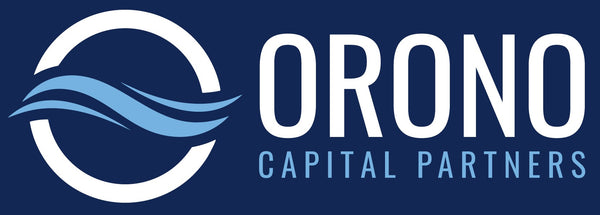
What is an Independent Sponsor?
David ShulerOne of the hottest asset classes in private equity over the last ten years is the independent sponsor.
The term "independent sponsor" is used to describe an individual or team who wishes to acquire a company, but lacks the financial resources to fund their desired transaction. This person or team is commonly a private equity professional(s) looking to establish a new firm, private equity professional(s) who prefer to close transactions on a deal-by-deal basis instead of raise a committed fund, or an experienced operator looking to acquire a small business or division they were formerly overseeing.
The independent sponsor seeks to partner up with capital provider(s) that will put up the equity and/or debt capital in order to close the transaction. The independent sponsor will generally earn an upfront closing fee, ongoing management fee, and opportunity for "carried interest" based on its capital provider partner achieving certain return thresholds. The economics can be very lucrative for successful transactions, and enhanced further if the independent sponsors are able to build a portfolio of portfolio company investments.
So why would a capital provider work with these independent sponsors and dilute their own returns?
The reality is that finding deals is hard. The independents are out there slogging through Axial, deal books, broker listings, coffee meetings, etc to get an opportunity signed up. Deals are often proprietary sourced deals, or a thinly-auctioned deal from a regional banker/broker, or found through a busted process. This is generally a long sale cycle, if you will. In contrast, many capital providers need to deploy funds at a certain pace and need to focus on near-term actionable opportunities. Often times they have sizable number of deals in the portfolio, and simply lack the bandwidth to provide deal leadership to all of them. To partner with an independent sponsor solves multiple problems for the capital provider: a) they let the independent sponsor do the heavy lifting over the 6-18 months to get a deal to LOI prior to teeing it up for a capital provider; and b) the post-closing deal management and oversight from the independent sponsor allows the capital provider to scale their time better.
That said, if the deal goes sideways the capital provider generally has all the levers to take governance control and make changes. But if things are going well with the deal, often times they can ride along and earn a healthy return along the way, knowing they only experience dilution if there is upside.
So why doesn't every private equity professional leave their funds and launch as an independent sponsor?
Well, the career path is not without risk. First, as mentioned above, finding deals is hard! A person has to prepare for an extended period of time without compensation to find the first deal they could close. Everyone has a different timeline, but unless deal sourcing was your expertise prior to launching the process, one should prepare for 6-12 months of kissing frogs until you find your prince. It is not uncommon for someone to have already identified the deal before they leave their "day job." Second, often times the deals sourced are proprietary or may have blemishes on them, and might not make it through diligence and legal negotiation. For many professionals it becomes rather painful to have to pay for accounting diligence fees and legal fees for deals that don't close...especially if broken deal expenses happen more than once. Next, a deal that underperforms post-closing could reflect poorly on the independent sponsor and make it difficult for that person to attract capital for another deal.
Years ago independent sponsor transactions used to have a connotation of being lower quality, and deal issues like customer concentration, cyclicality, key person risk, were commonplace. There are two primary reasons for this dynamic. First, in a competitive sale-side process, all things equal the seller would choose the Buyer with a committed fund vs the independent due to certainty of closing (or perceived certainty of closing). Therefore, the independent sponsor could only sign up transactions in which they overpaid relative to the risks, OR due to adverse selection (i.e. no one else wanted the asset). Second, there was risk-reward asymmetry...meaning capital providers had all the risk in a downside scenario, whereas the independent sponsor could start earning fees right away (perhaps even cash fees at closing!) and still have an option on upside. Some independent sponsors took advantage of this asymmetry and signed up multiple deals, walked away from the bad ones and got rich from the good ones. Fortunately, however, there have been enough capital providers that have experienced positive outcomes with this investment strategy to overcome those earlier stereotypes, and helped to establish this into a legitimate asset class. Bankers are also more trusting that an independent can find capital to fund the transaction. Consequently, deal quality and sponsor quality has improved over the years, and the virtuous cycle continues.
All in all, the pursuit of independent sponsor transactions is not for the faint of heart, but for those with experience as a deal-maker or operator, and with a heavy dose of entrepreneurialism, this can be an exciting and lucrative career pursuit.
Whether you are an experienced independent sponsor, or still testing the waters as a side hustle before taking the plunge, we at OCP are here to support your journey and assist with capital advisory services to help you close your next transaction.
